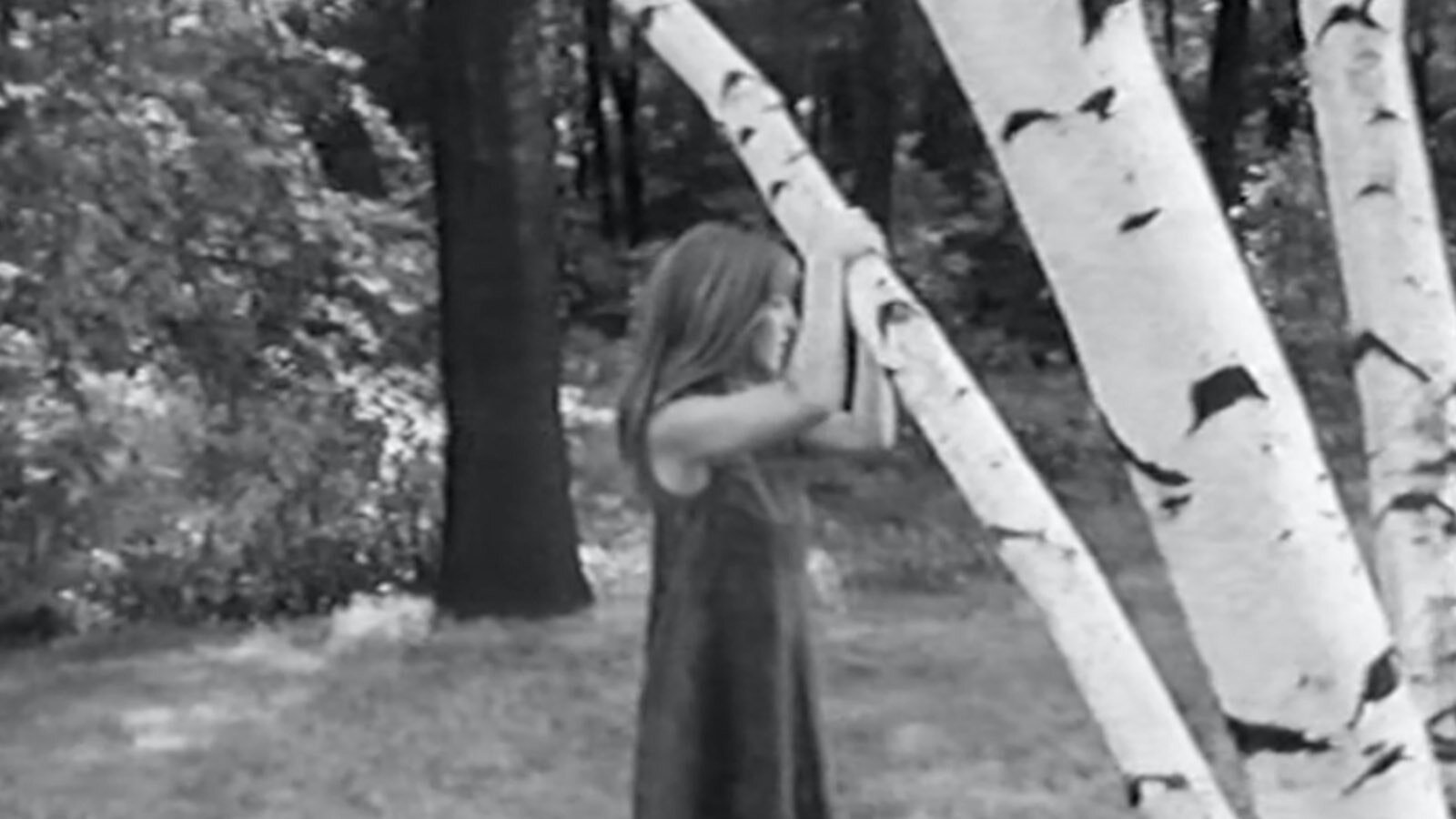MAGNUM BEGYNASIUM BRUXELLENSE (Belgium, 1978, Boris Lehman)
/¨A living chronicle of the residents of the Béguinage neighborhood – so named because it is situated on the site of the former Brussels béguinage. Designed as an encyclopaedic inventory, the film comprises around thirty chapters, each imbricated with the other, like so many pieces of a puzzle, or resembling a termite mound with many intersecting galleries. It takes place within the space and interstices of a day, starting at dawn and ending at night.¨
-Boris Lehman







